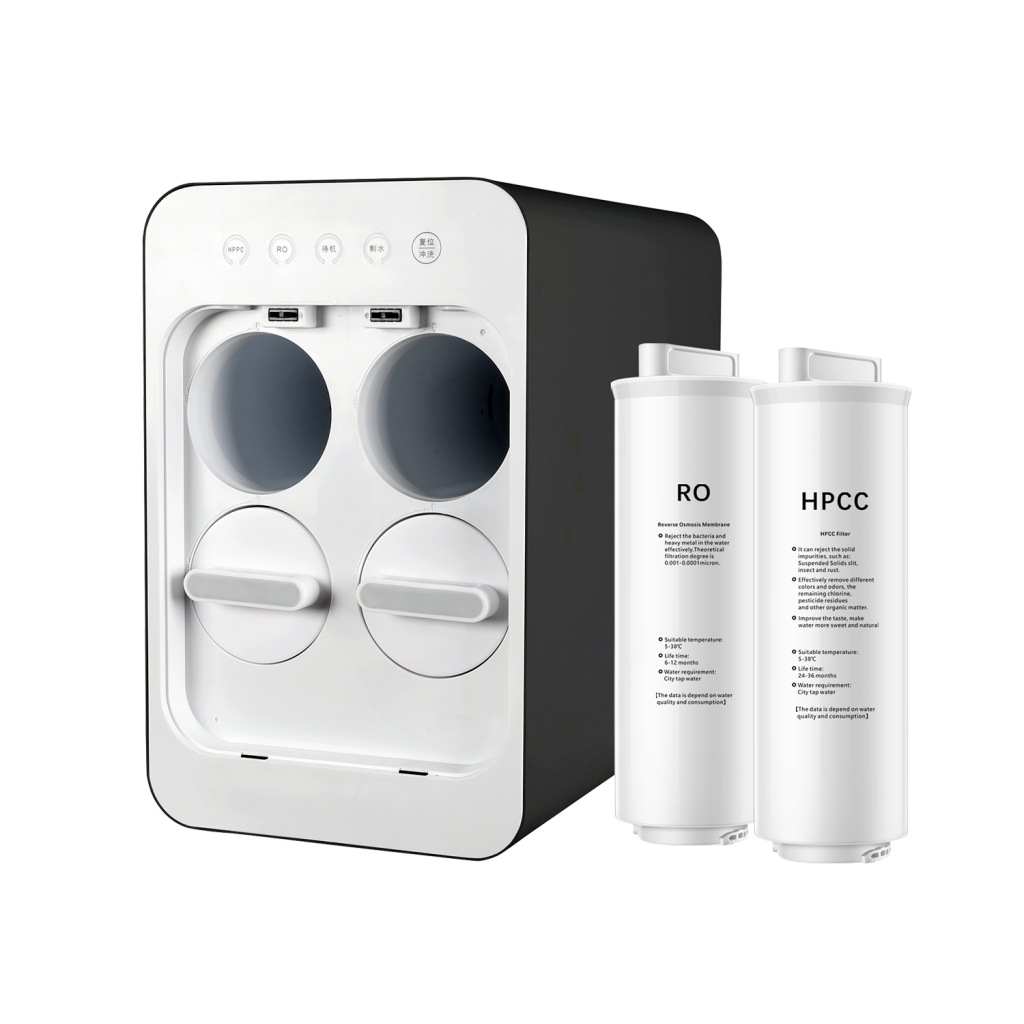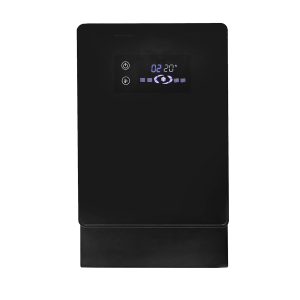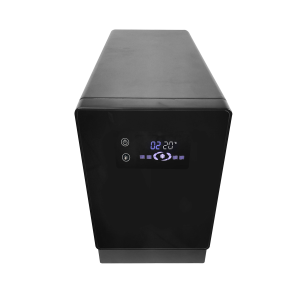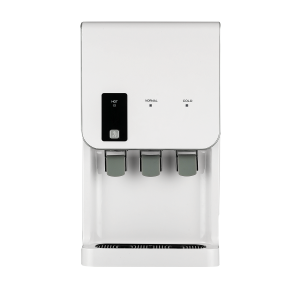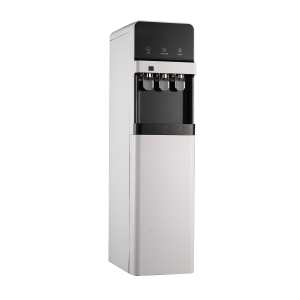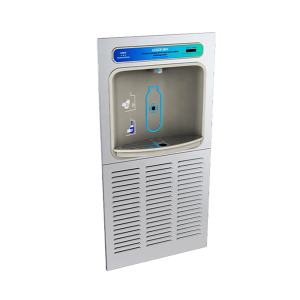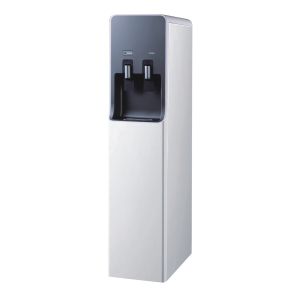Access to clean water is something we often take for granted. However, with rising pollution levels, outdated plumbing systems, and environmental factors, the need for a reliable water purifier has never been more critical. Whether you’re concerned about contaminants in your tap water or looking to improve your drinking water quality, investing in the right water purifier can make all the difference. But with so many options out there, how do you choose the one that best fits your needs?
In this article, we’ll break down the importance of water purifiers, the different types available, and factors to consider when making your purchase. Let’s dive in and explore everything you need to know about water purifiers.
Why Should You Use a Water Purifier?
You might be wondering: “Why can’t I just drink water from the tap?” While tap water in many areas is treated and deemed safe for consumption, it can still contain trace amounts of harmful chemicals, bacteria, and other contaminants. These pollutants may cause health problems over time, ranging from gastrointestinal issues to more serious long-term health effects.
A water purifier removes these impurities, ensuring that the water you drink is as clean and healthy as possible. It’s a simple solution to a complex problem, offering peace of mind that the water you’re consuming is pure.
Health Benefits of Clean Water
Drinking purified water has a variety of health benefits. Here are just a few:
- Improved digestion: Purified water can help your body absorb nutrients more effectively.
- Enhanced skin health: Removing chlorine and other chemicals can lead to better skin appearance and health.
- Hydration: Clean water is absorbed more efficiently by the body, improving overall hydration.
- Reduced risk of illness: Contaminants in water, such as bacteria and viruses, can cause stomach issues and other infections.
Different Types of Water Purifiers
There are several types of water purifiers available, each with its own unique method of filtering out impurities. Understanding the differences can help you make an informed decision about which one suits your needs best.
1. Reverse Osmosis (RO) Water Purifiers
RO water purifiers are one of the most common and effective types. They work by forcing water through a semi-permeable membrane to remove impurities like dissolved salts, heavy metals, and chemicals. This process ensures that the water is purified to a high standard.
Pros:
- Removes a wide range of contaminants.
- Improves the taste and odor of water.
- Suitable for areas with high TDS (Total Dissolved Solids).
Cons:
- Wastes a significant amount of water during the filtration process.
- Can be more expensive compared to other options.
2. Activated Carbon Filters
Activated carbon filters are a popular choice due to their ability to remove chlorine, volatile organic compounds (VOCs), and other chemicals that affect the taste and odor of water. They work by adsorbing contaminants onto the surface of the activated carbon.
Pros:
- Effective at improving taste and odor.
- Inexpensive and easy to use.
- Does not waste water.
Cons:
- Cannot remove dissolved minerals or heavy metals.
- Needs to be replaced regularly.
3. UV (Ultraviolet) Purifiers
UV purifiers use ultraviolet light to kill bacteria, viruses, and other pathogens. This technology is highly effective at disinfecting water and ensuring it’s safe to drink.
Pros:
- Kills harmful microorganisms.
- Chemical-free disinfection process.
- Does not affect the taste of water.
Cons:
- Does not remove chemicals or heavy metals.
- Requires electricity to function.
4. Gravity-Based Purifiers
Gravity-based purifiers work by using the force of gravity to pull water through a filter. These purifiers are simple and often used in areas where power outages are frequent or where a more sustainable solution is needed.
Pros:
- No electricity required.
- Affordable and low-maintenance.
Cons:
- Slow filtration process.
- Limited in terms of contaminant removal.
Key Factors to Consider When Choosing a Water Purifier
Now that you understand the different types of water purifiers, let’s take a look at the key factors you should consider when choosing the best one for your home or office.
1. Water Quality in Your Area
The first step is to assess the water quality in your area. Are you dealing with hard water, high levels of chlorine, or bacteria? Knowing the specific contaminants present in your water will help you choose the right purification system.
For example, if you have high TDS (Total Dissolved Solids) levels, an RO purifier might be necessary. If your primary concern is bacteria, a UV purifier could be your best bet.
2. Purification Capacity
The capacity of the purifier refers to how much water it can filter within a certain time period. If you have a large family or need a purifier for an office, opt for a model with a higher capacity. On the other hand, if you live alone, a smaller model might suffice.
3. Maintenance and Filter Replacement
Every water purifier requires maintenance. The filters need to be replaced periodically, and some models may also require servicing. It’s essential to factor in the cost and convenience of maintenance when choosing a purifier.
4. Cost and Budget
While it’s tempting to go for the cheapest option, it’s essential to weigh the long-term costs. Consider the initial purchase price, filter replacement costs, and the efficiency of the purifier. Sometimes, investing in a higher-end purifier with better filtration capabilities can save you money in the long run by reducing the need for frequent repairs or replacements.
How to Maintain Your Water Purifier
Proper maintenance is key to ensuring your water purifier continues to function effectively. Here are a few tips for keeping your purifier in top condition:
- Regularly replace filters: Follow the manufacturer’s guidelines on filter replacement. Different types of filters have varying lifespans.
- Clean the storage tank: If your purifier has a storage tank, clean it regularly to prevent mold and bacteria buildup.
- Check for leaks: Periodically inspect the purifier for leaks or cracks in the housing.
Conclusion
Water purifiers are essential for maintaining the quality of the water you drink, ensuring it’s free from harmful contaminants. Choosing the right purifier depends on the water quality in your area, your budget, and the specific contaminants you’re looking to remove. Whether you go for an RO system, a UV filter, or something else entirely, making an informed decision will ensure you and your family stay healthy and hydrated.
FAQs
- How often should I replace the filters in my water purifier?
- Filter replacement depends on the type of purifier and usage, but generally, filters need to be replaced every 6 to 12 months.
- Can a water purifier remove all types of contaminants?
- Different purifiers remove different contaminants. For example, RO purifiers remove heavy metals and salts, while UV purifiers kill bacteria and viruses. Choose the purifier based on your water quality.
- Is purified water better than bottled water?
- Purified water from a good water purifier is generally more affordable and environmentally friendly than bottled water, which often comes with plastic waste.
- Can I use a water purifier in areas with very hard water?
- Yes, reverse osmosis systems are excellent for dealing with hard water, as they remove dissolved solids and minerals effectively.
- What is the most eco-friendly water purification option?
- Gravity-based purifiers are the most eco-friendly option since they don’t require electricity and use sustainable filtration methods.
